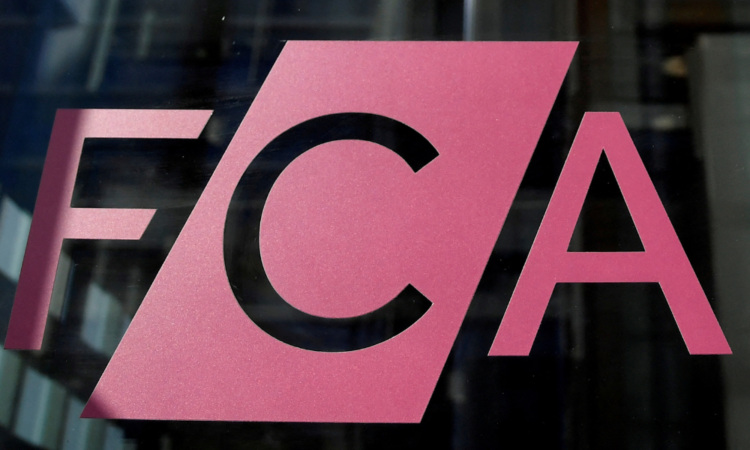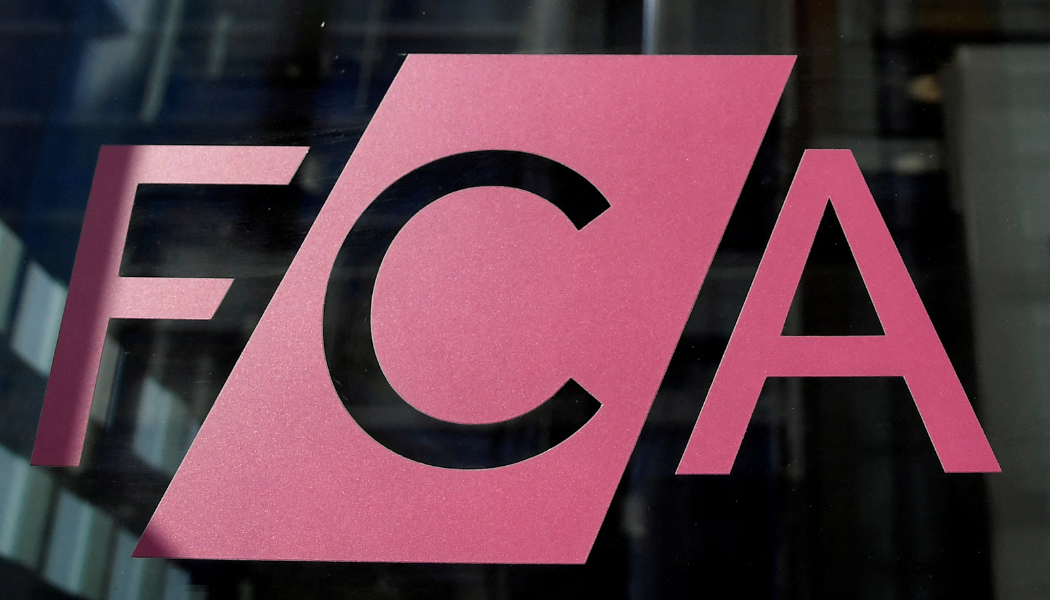
The UK’s Financial Conduct Authority (FCA) has successfully registered 44 cryptocurrency firms under the money laundering regulations, marking a significant milestone in the fight against financial crime. 
Stringent Registration Process
Steve Smart, the joint executive director of enforcement and market oversight at the FCA, highlighted the agency’s dual role as both a regulator and a law enforcement entity.
During a recent event, Smart emphasized, “We must stay a step ahead of the criminals, whether it is to pre-empt the way they use new technology such as AI and deep fakes or whether it is to work together with the firms we regulate, to ensure their systems and controls keep a step ahead of those seeking to exploit them.”
The FCA’s registration process is a key component in maintaining high industry standards. However, it has faced challenges, with Smart acknowledging past delays and backlogs. To address these issues, the FCA has streamlined its processes to reduce unnecessary delays and improve efficiency.
Despite these efforts, the FCA has rejected or had 86% of initial cryptocurrency registrations withdrawn due to non-compliance with anti-money laundering (AML) standards. This high rejection rate underscores the FCA’s rigorous approach to ensuring that only compliant firms operate within the UK.
Importance of Data Sharing
Smart also highlighted the critical role of data sharing in combating financial crime. He encouraged firms and cross-sector partners to actively participate in data-sharing initiatives. “Not all alleged breaches of regulation or the law are easy to spot. We cannot do our detective work alone,” he stated.
“Criminals will always pivot to exploit the weakest firms and sectors, so sharing data and intelligence is a vital tool in strengthening our defences.”
The FCA processes over 7 billion transaction reports and more than 500 million order book records daily from over 1,300 UK firms.
This vast amount of data is analyzed to detect regulatory breaches, insider dealing, and market abuse. By leveraging this intelligence, the FCA aims to proactively identify and disrupt harmful activities.
Regulatory Impact and Industry Compliance
In addition to registration requirements, the FCA has introduced new rules mandating crypto firms to have their marketing materials approved by an FCA-authorized entity. This ensures that investors are adequately warned about the risks associated with crypto investments.
Failure to comply with these regulations can result in severe penalties, including unlimited fines and up to two years imprisonment for both domestic and overseas exchanges operating in the UK.
As a result of these stringent measures, major crypto exchanges like Coinbase, Revolut, and Binance have updated their mobile and web applications to comply with the new regulations.
This demonstrates the industry’s commitment to adhering to the FCA’s standards and fostering a safer investment environment for consumers.
In conclusion, the registration of 44 crypto firms with the FCA marks a significant step forward in regulatory compliance and the fight against financial crime.
By maintaining stringent standards and fostering data sharing, the FCA aims to create a robust regulatory framework that protects investors and deters illicit activities in the cryptocurrency market.






